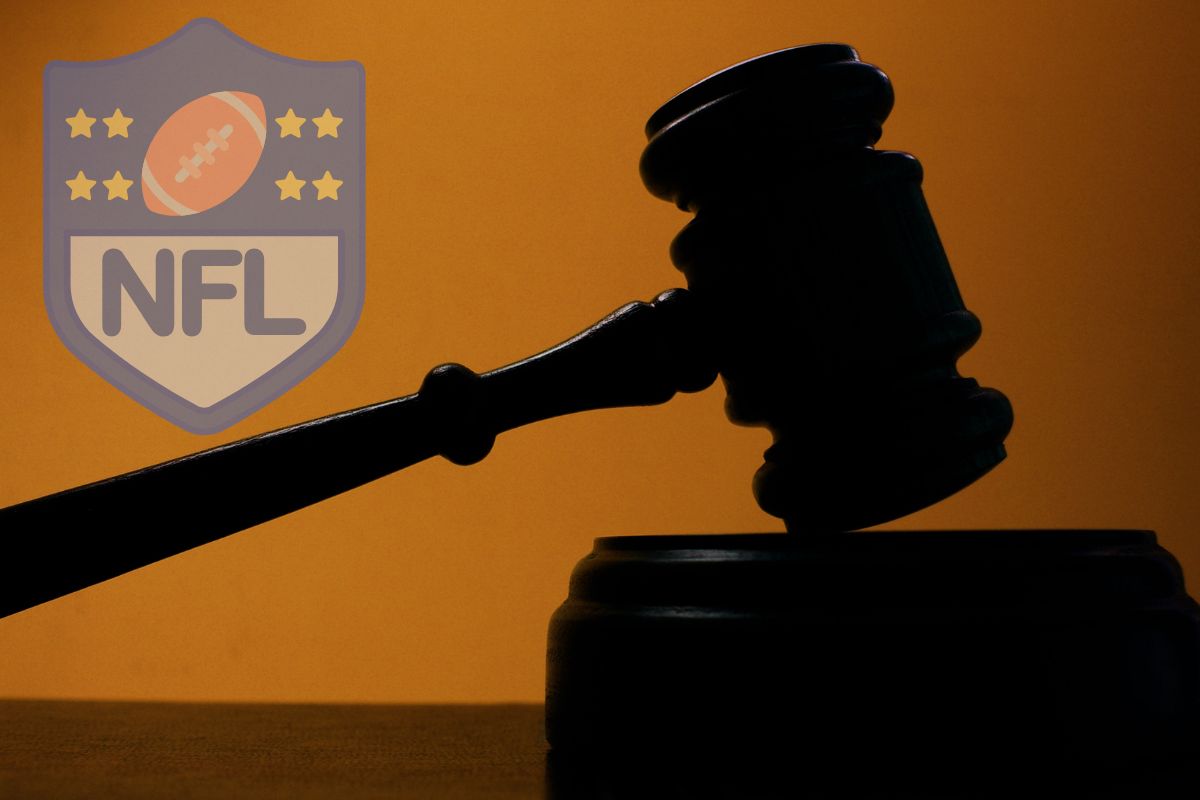The lawsuit has to do with the availability of coverage for a Sunday Ticket action filed back in 2015.
The National Football League has a long history of battles with its insurance companies with regard to concussion lawsuits and settlements, but more recently, it has filed a suit for another reason. In this case, it has to do with the availability of coverage for a Sunday Ticket antitrust action that was filed against the league in 2015.
The lawsuit was first revealed in November, when sports attorney Daniel Wallach tweeted about it.
The insurance companies sued by the NFL have until March 13 to respond to the lawsuit. In the lawsuit, the NFL accused its insurers responsible for excess coverage of wrongly refusing to pay money that would cover its defense expenses such as attorney fees in the still pending antitrust case against it. The NFL alleges that its providers of excess coverage had initially acknowledge that it was their responsibility to provide the payments, but that they changed their mind in 2021.

The NFL has alleged that the insurers are attempting to link the 2015 antitrust case in question to a similar lawsuit that was filed against the NFL in 1997. It said that the insurers are arguing that the two incidences are in face a single claim and that this predates the coverage through which the NFL is attempting to receive payment.
The NFL has already burned through the initial $10 million previously paid out by the insurance companies.
The NFL’s legal complaint illustrates that the NFL had already gone through its initial $10 million coverage payout, having presumably directed those funds to its legal expenses such as attorney fees.
The league is seeking payment through several forms of excess coverage, through policies with $10 million to $20 million, $20 million to $30 million, $30 million to $40 million, $40 million to $50 million, and even $50 million to $60 million. Clearly, there is a great deal at stake for the league – and for the insurers – in this lawsuit.
Whether the NFL wins its case against its insurance companies or not, its legal expenses are only expected to continue to climb.

